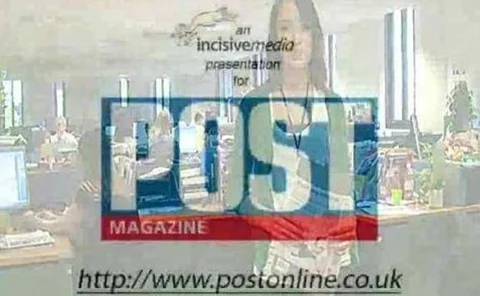Fraud
Broking focus - bribery act: Proscribing bribing
With the spotlight on broker commissions, Leigh Jackson reports on the incoming Bribery Act and the threat it poses for financial incentives.
Technology - E-certificates: Certifiable progress
Jakki May explains that changes to the law regarding e-certificates for motor insurance mean that the industry can now make headway in dispensing with old-style postal delivery, potentially saving millions on printing while also reducing fraud.
Insurers seek to make up shortfall after hike in IPT
Insurers with policyholders paying by monthly instalments look set to be worst hit by the standard 1% hike in insurance premium tax, announced in Tuesday's budget.
Start-up seeks to aid genuine claims validation
An initiative that aims to help claims handlers make faster, informed decisions to validate a claim or pass it on for further investigation, has been launched by Stuart Dennis, chief executive of fraud management company TCF Corporate.
Insurance Fraud Awards
The second annual Insurance Fraud Awards will be held on 21 October at the Grand Connaught Rooms, London, to recognise the industry's continued efforts to tackle fraud and encourage the spread of best practice and excellence across the sector.
Ordnance survey mapping to detect fraud
OS Open Data, Ordnance Survey’s mapping and data portal, allows banks and insurance firms free access to key geographic datasets for the first time.
Cunningham Lindsey combats travel insurance fraud
Cunningham Lindsey has launched a system to combat travel insurance fraud and adding details of almost one million claims to its database.
Personal injury disputes jump 32% in two years
The number of personal injury claims continues to surge despite reforms to regulate claims handling companies, according to statistics obtained by Sweet & Maxwell.
Allianz warns of fit note fraud
Allianz Legal Protection is warning employers to be on the look-out for bogus GP fit notes.
Post in print - 10 June 2010
Post reporter Amy Ellis outlines this week's major news stories from Post including: government move over midwives; brokers unite for covenant code; Cooper Gay IPO; Money Supermarket fraud action; and Hyperion flotation insight.
Call for travel database after fraudster is jailed
The travel insurance market needs a database similar to those in other markets in order to prevent travel insurance fraud.
Money Supermarket steps up fraud battle
Price comparison giant Money Supermarket is rolling out a revamped home insurance website, which includes improved measures to combat fraud.
Cunningham Lindsey helps convict travel claim fraudster
Cunningham Lindsey said its specialist fraud investigations team has helped bring a prolific travel insurance fraudster to justice.
Fraud - World Cup warning: Eye on the ball
Major sporting events are a magnet not only for fans but also financial criminals. Mark Jones explains how South Africa has a secret weapon to bolster its defences as the 2010 football World Cup kicks off.
Postbox: Validation is not onerous
Groupama Insurances counter-fraud manager Stephen Teeling's recent article 'Getting to know you' raises a valid argument that the insurance industry should follow the example of the major banks and put in place industry-wide practical validation measures…
Insurance Fraud Awards 2010 - call for entries
Entries for the Insurance Fraud Awards 2010 are now open. Now in their second year, these prestigious awards recognise the general insurance industry’s efforts to combat and prevent fraud and encourage the spread of best practice and excellence across…
SFO drops AIG case
The Serious Fraud Office has dropped an investigation into the UK operations of AIG Financial Products.
Comment - Motor Fraud: The right result
Operation Genarch finally came to a conclusion last month after four years. Mihir Pandya details the investigation strategy, the challenges faced and lessons learnt.
CL heralds major loss fraud initiative
Cunningham Lindsey’s has claimed that its major loss investigators have saved insurers more than £7.1m in fraudulent claims in the year since their launch.
Law reports: Case underlines high threshold needed with fraud allegations
Noble v Owens (Court of Appeal — 18 March 2010)
New IFB member
Markerstudy has become the latest company to join the Insurance Fraud Bureau.
FSA corruption warning
The Financial Services Authority has warned of brokers exposure to corruption in its review of anti-bribery and corruption systems and controls.
Markerstudy joins the IFB
Markerstudy insurance has become the latest company to join the Insurance Fraud Bureau in its fight against organised insurance fraud.
Fraud - Customer knowledge: Getting to know you
With identity fraud a growing problem, Stephen Teeling argues the case for insurers to follow banks in validation techniques and ask for more information.

















